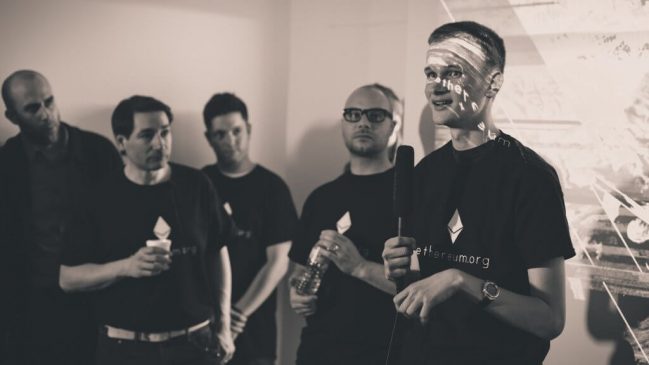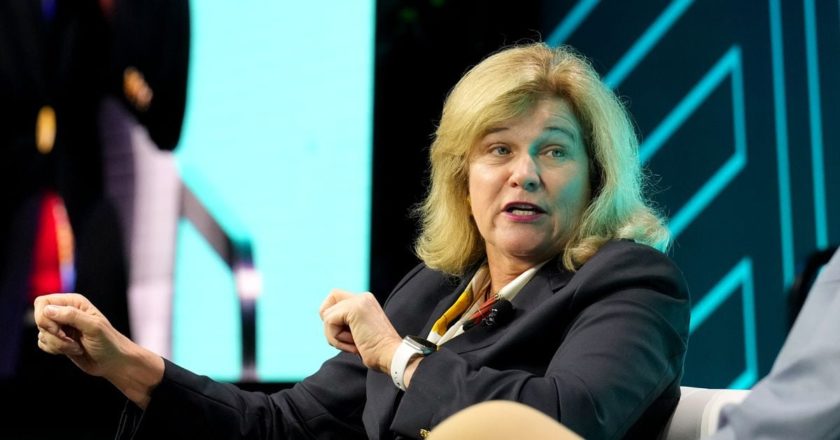Vitalik Buterin, the co-creator of Ethereum, has denied reports that he is stepping back from Ethereum development.
On November 1, MIT Technology Review released an article entitled “Ethereum founder Vitalik Buterin says his creation can’t succeed unless he takes a step back,” which claimed that Ethereum cannot succeed and achieve true decentralization if it depends on Buterin to lead its development.
The report led several critics to falsely suggest that Buterin will refrain from contributing to the development of the Ethereum blockchain.
In a statement, Buterin emphasized that he is not leaving Ethereum and is not reducing his focus on blockchain research. Rather, he explained that he will encourage the addition of the work of other developers in the open-source developer community.
Buterin said:
“No, I’m saying I’m continuing to focus on research but am less ‘in charge’ than ever. It’s about addition of other people’s work, not subtraction of my own.”
What Led Buterin to Release the Statement?
Recently, Péter Szilágyi, a blockchain developer, shared the report of Octoverse which revealed that Ethereum Go is the fifth fastest growing open-source project in the world alongside Microsoft Azure, Wix, Spyder, and Tensorflow.
With increasing efforts to strengthen the base layer of the protocol and deploy various second-layer scaling solutions such as Sharding and Plasma, the developer activity in the ecosystem surged significantly throughout the past year.
To increase decentralization in development and grow Ethereum as an open-source project, Buterin said that it is of utmost importance for a vibrant community of developers to lead the project rather than a small group of figures.
“Actually, the subheadline [of the MIT article] is fine. At Ethereum’s annual developer conference, its founder tells us why his technology can only be truly decentralized if it stops depending on him. ‘Ethereum stops depending on me’ is the correct emphasis. But very far away from me leaving.”
To promote Ethereum development amongst individual developers and independent projects, on October 15, the Ethereum Foundation granted millions of dollars to a variety of open-source projects working on products and solutions that can drastically improve the base layer of the blockchain.
“While the program continues to grow, we will increasingly continue to involve more community members in the decision making process. The Grants Program today is vastly improved from just earlier this year, thanks to all the helpful feedback from the community, allowing us to provide better public tools and infrastructure,” the foundation said.
Projects working on security, scalability, usability, and client diversity received grants in the range of $10,000 to $420,000, with the development team of the Non-Custodial Payment Channel Hub securing the largest grant to work on a second-layer transaction settlement system.
Decentralize All Aspects
Last week, Parity Technologies developer Afri Schoedon encouraged decentralized applications (dApps) to run indepedent nodes or a network of light clients instead of relying on Infura, a third party node infrastructure provider, to process information on the mainnet to reduce centralization.
In development, data settlement, and nodes, the Ethereum community is demonstrating increasing efforts to promote decentralization to ensure the blockchain can operate in a purely peer-to-peer manner.
Featured image from Flickr/Duncan Rawlinson.
Follow us on Telegram or subscribe to our newsletter here.




